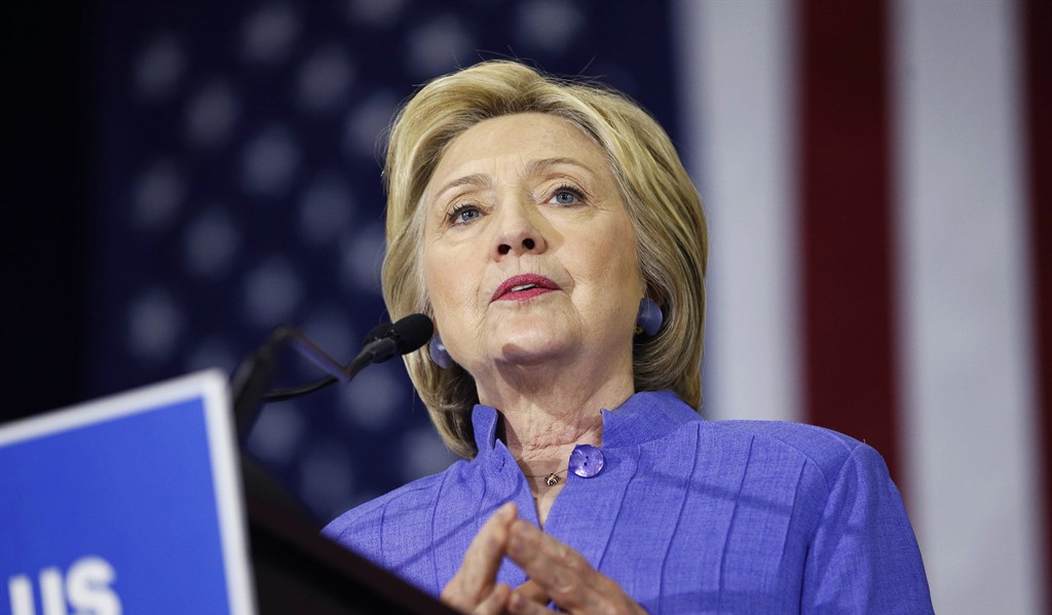Many employee contracts have what people call a “severe clause” which allows termination without the normal lengthy documentation process. We can impeach a president. But what do we do with presumptive candidates who have secured enough delegates to ensure their selection at their respective party conventions if they are charged with a crime?
The last thing any business owner or political party tends to focus on is how to handle an employee or a candidate who is charged with a crime, much less whether they’re convicted. However, even if you consider this is an unlikely scenario, it’s a good idea to have at least general rules or a “severe clause” to clarify what to do should the unthinkable occur.
There is clear evidence that many Americans are depressed and frustrated with their choices in November. Both candidates have earned their delegates fairly, and both have loyal supporters who are more than pleased with the choices they have. But recent polls have indicated that such support on both sides of our divide are far from enthusiastic. Neither candidate is rated as trustworthy by a majority of voters.
There is also evidence, despite denials by the candidates and their campaign teams, that both presumed candidates have potential legal issues facing them. Whether it’s fraud allegations regarding Trump University or the illegal use of private server for state department emails and foundation donations, enough questions remain to cause concern for both parties.
With these allegations hanging over their heads, both parties would be wise to consider adding a “severe clause” to their party convention to-do-list. Defining what would warrant terminating a campaign for cause would be a challenge as it is for any organization.
Recommended
The Ninth Circuit case, in Marmoleio-Campos v. Gonzales, tried clarifying the meaning of the phrase “moral turpitude” in justifying termination. Black’s Law Dictionary defines moral turpitude as meaning “conduct that is contrary to justice, honesty, or morality.” The court tried quoting precedent from an earlier case: It “Moral turpitude means, in general, shameful wickedness—so extreme a departure from ordinary standards of honest, good morals, justice, or ethics as to be shocking to the moral sense of the community. It has also been defined as an act of baseness, vileness, or depravity in the private and social duties which one person owes to another, or to society in general, contrary to the accepted and customary rule of right and duty between people.”
Although that sounds clear, it remains vague depending on whose values and which community you pick to judge a candidate’s behavior. Getting a country, much less a party of partisans to accept a judgement regarding a candidate’s actions being evidence of “moral turpitude” would be all but impossible.
Parties could adopt a clause focused on legal action: A candidate’s admission or conviction of, or plea of nolo contendere to, a felony or any other crime involving moral turpitude or misrepresentation other than a crime punishable only by a fine or other non-custodial penalty will result in immediate termination as the party’s presidential candidate.
Unfortunately, the time required to charge and convict a candidate would make such a clause unworkable. But it’s clear that even a candidate being charged with a crime could clearly hurt the chances of his or her election. Would either candidate being charged impact your vote? Under what conditions should a party act to find a new more viable candidate? Should they free delegates to pick a candidate not under threat of legal action in spite of their delegate count?
If you feel this is a waste of time, think back to Richard Nixon and the Watergate trails. The legal process grabbed the attention of the country and threatened to undermine our republic and diminish our reputation around the world. Only Nixon’s resignation as president helped our country avoid a potential Constitutional crisis involved in prosecuting and removing an elected president. Even with his resignation, the country had to endure a difficult and divisive transition of power to a new president. May we learn from our past to ensure our future.

























Join the conversation as a VIP Member